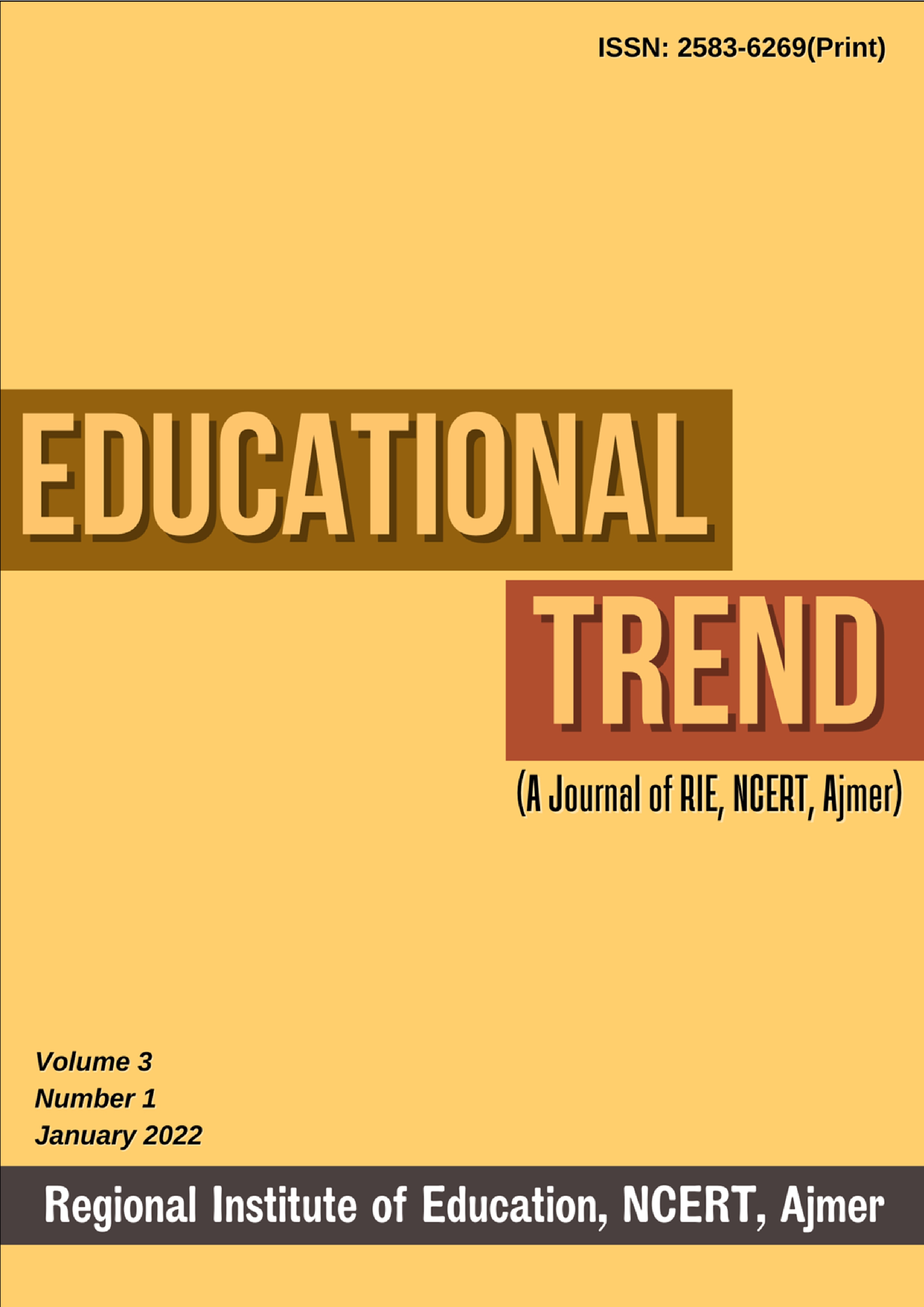Strategies to Transform Dream into Reality: How can India Participate for Better Performance in Mathematics at Timss?
Published 2025-03-12
Keywords
- TIMSS system,
- Mathematics Education,
- Performance in Mathematics,
- Strategies,
- Himanshu Sureshchandra Parekh
How to Cite
Abstract
Trends in International Mathematics and Science Study (TIMSS) is established by
International Associations for the Evaluation of Educational Achievement (IEA), U.S.A and
aimed at allowing educational systems worldwide to compare students' educational achievement
as well as to learn from the experiences of others in designing effective education policy. TIMSS
has been held every four years since 1995 and it includes a test for grades 4 and 8 in
Mathematics and Science subjects. India, dreaming of becoming a developed nation in the world,
has an attitude of not participating at international assessment programmes. Such attitude is not
only depriving Indian Education System of international quality but is also obstructing the
transformation process of India from a developing to a developed nation.
This study is an investigation of three research questions: What is the system of TIMSS in the
subject of Mathematics? What is the present status of Mathematics Education in India with
reference to the system of TIMSS? What strategies should India adopt to participate for better
performance in Mathematics at TIMSS? The study revealed that overall scenario of Mathematics
Education in India, with reference to the system of TIMSS, is very poor. The study identified
certain major barriers, such as, lack of linkage of the international assessment norms with the
Mathematics textbooks, inability of the system to identify and to develop the Mathematical skills
of the gifted children, lacking of policy international norms as well as parameters in terms of
achieving global competitiveness, corruption, non-uniform policy in Mathematics Education
across the country, non professional attitude of teachers, sub-standard provisions for the
professional development of Mathematics teachers, inefficiency of the monitoring and assessing
system etc. in achieving the dream of better performance of India at TIMSS. The study suggested
appropriate strategies in overcoming these barriers.
